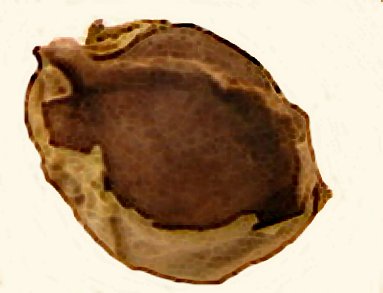Moringa oleifera, also called the miracle tree, is a plant grown in equatorial regions for food, traditional medicine, and biofuel. Moringa seeds contain a natural cationic protein (MOCP) that can be used as an antimicrobial flocculant for water clarification. The main barrier to use it for producing potable water is that the seeds release other water-soluble proteins and organic matter, which increase the concentration of dissolved organic matter (DOM) in water. The presence of this DOM supports the re-growth of pathogens in treated water, preventing its storage and later use.
Stephanie B. Velegol, Pennsylvania State University, USA, and colleagues adsorbed and immobilized MOCP onto sand granules. In a rinsing step the excess organic matter was removed. The protein remains adsorbed onto the sand after the functionalization treatment, and the ability of the antimicrobial functionalized sand (f-sand) to clarify turbidity and kill bacteria, as MOCP does in bulk solution, is maintained. The f-sand removes silica microspheres and pathogens from water, renders adhered Escherichia coli bacteria nonviable, and reduces turbidity of a kaolin suspension.
The results open the possibility for a simple, locally sustainable process for producing storable drinking water.
- Antimicrobial Sand via Adsorption of Cationic Moringa oleifera Protein,
Huda A. Jerri, Kristin J. Adolfsen, Lauren R. McCullough, Darrell Velegol, Stephanie B. Velegol,
Langmuir 2011.
DOI: 10.1021/la2038262




